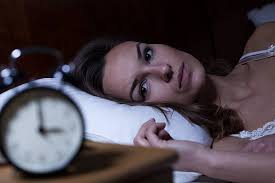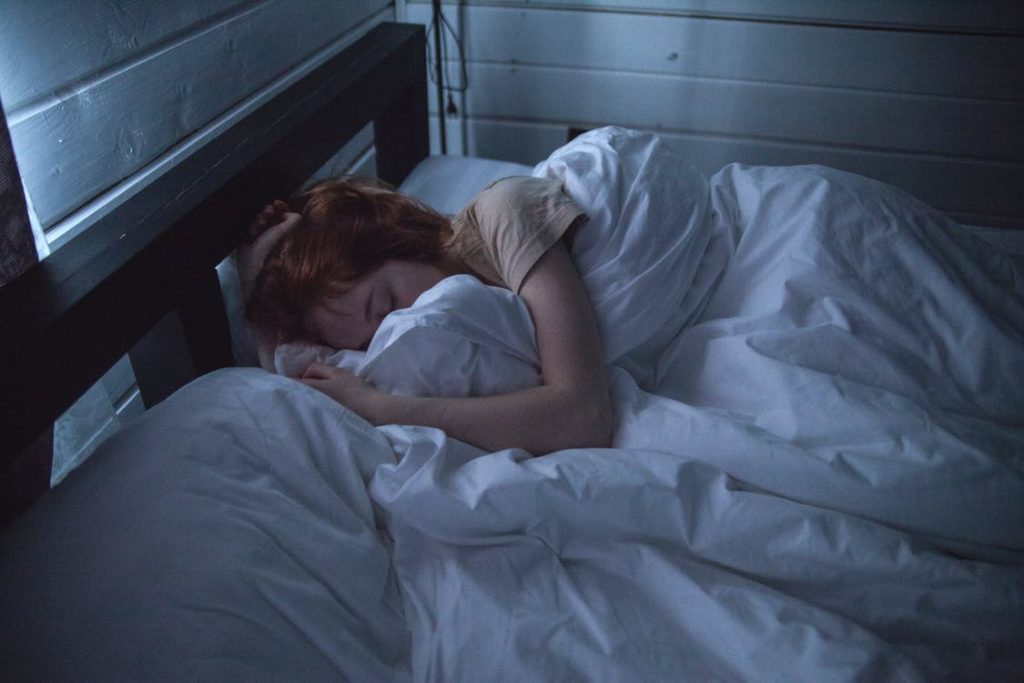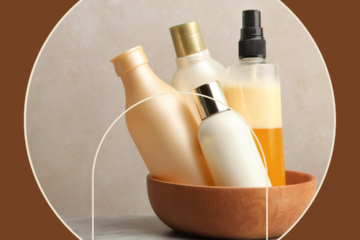Sleep, Precious Sleep

During the winter around our home it’s full of basketball practices, basketball games, wrestling practice, wrestling tournaments, concerts, holiday gatherings, shopping, baking and candy making. The list never seems to end.
At our house this week, we got off the little hamster’s treadmill. Right in the middle of the hectic period. Why? The flu. It stopped me in my tracks as it did the granddaughters. All we could do after the nasty stuff was done was sleep. One granddaughter slept about 20 of 24 hours. I probably slept 16 of 24. I was sure I wouldn’t sleep at night I’d slept so much during the day, but I did. It was just what I needed.
Shift Work & Delayed Sleep
Did you know humans are the only mammals who willingly delays sleep? I know our family does. There’s always something to be done, one more thing to do, or some nights when you lay there and sleep just won’t come. I often read a mindless light-hearted book just to help shut my mind down. I didn’t learn this little trick until I was older. How I wish I’d tried it when I was working in the office and my mind couldn’t shut down. I encourage you to read a few minutes. It’s a great 10 minutes spent reading rather than worrying about the next day and laying there for about an hour.
Do you work a strange shift? My husband was as a police officer. My daughter a 911 dispatcher. My daughter-in-law did for a year at a hospital. They were always tired and it took a toll on their bodies. Ones body never gets used to shift work. We are designed to rest when it gets dark, not go to work. I know there are so many professions requiring shift work, noble professions, yet the toll on bodies is real. According to the International Classifications of Sleep Disorders, shift workers are at increased risk for a variety of chronic illnesses such as cardiovascular and gastrointestinal diseases. Yet another reason to respect all those who do it at hospitals, fire departments, police departments and overnight jobs.
Snore?
Do you or your partner snore? Snoring is the primary cause of sleep disruption for approximately 90 million American adults; 37 million on a regular basis. Honestly I believed everyone snored. I grew up in a family that could wake the dead snoring. My parents even got into a rhythm when they slept which was both comforting and annoying when I was young. We could go camping and they could be heard in our popup tent camper snoring a few sites away. So naturally when I was married and my husband snored, I didn’t think a thing about it. My sisters snored, I snored, not unlikely.
I finally admitted I had a problem when I fell asleep in the automatic car wash one day. I could fall asleep at my office in the rear of our restaurant too with people coming and going and noise all around. Sleep Apnea treatment with a CPAP changed my life. I’d suffered from headaches in the morning, headaches most of the day and fatigue for so long I didn’t even think about it. The symptoms were just something I’d always dealt with. But one night at the sleep lab with the CPAP on and being adjusted, I woke with no headache and knew my life would be so much better. I’m told I was an anomaly, it usually takes folks a period of adjustment (up to two years). Not for me, I felt so much better that first day I knew the stupid machine would be with me forever. Do I enjoy wearing it? No. I hate what it does to your hair, I hate the cold air and sometimes dry nose. I hate being tethered to a machine and sometimes waking up with that stupid hose around my neck. But it’s worth every minute of the struggle to feel better.
If you have headaches, never feel rested, fall asleep in the middle of the day for no particular reason, please seek medical advice and get tested. It is truly life changing!
How Much is Enough?
In general, most healthy adults need seven to nine hours of sleep a night. However, some individuals are able to function without sleepiness or drowsiness after as little as six hours of sleep. Others can’t perform at their peak unless they’ve slept ten hours. Where do you fall?
What Can Help?
Exercise. Yeah right at this time of year? Yes. Exercise doesn’t have to be an hour solid work to help. Ten minute break at work, walk the halls. Waiting on children after an event? Pace. Lunch? Sure eat and then move. Before you know it you’ll have 30-40 minutes. At our house, we walk during tv commercials at night. Silly, yes, but effective. In general, exercising regularly makes it easier to fall asleep and contributes to sounder sleep. However, exercising right before going to bed may make falling asleep more difficult. If I exercise hard early in the evening, I can get so much done in the evening, it’s amazing.
Sleep and Caffeine
We all know caffeine keeps you awake. Caffeine is a stimulant and should be stopped four to six hours before bedtime. Coffee isn’t your only source of caffeine, tea, chocolate, energy drinks and some medicines all are sources of caffeine. Remember, caffeine builds up throughout the day, so two cups of coffee at dinner and some chocolate ice cream can be close to 500 milligrams of caffeine, a large dose.
Caffeine can also stay in your body for 12 hours. So past lunchtime it may be wise to back away from the caffeine. If you’re a big caffeine consumer, you may want to wean yourself off it slowly to avoid the headache from going cold turkey.
Sugar Effect on Sleep
It took me years to fully realize the extent sugar played in my sleep. I would eat normally and maybe have a little dessert in the evening. About 3 a.m. I would be wide awake. I was so angry and couldn’t figure out why I was awake, then you just lay there and fret about not getting enough sleep. There were even times I’d get up and do a little housework or make a list for the next day. I still felt tired the next day.
Because of health, I had to cut out most sugars. We’re talking even ketchup, salad dressings, gum…all processed sugar. The amazing thing I discovered though, I slept so much better and all thru the night!
It’s extreme, but if you really think about it, sugar is a stimulant. Sugar increases inflammation within the body. While, on the surface, inflammation may not seem to have any direct connection to our quality of sleep, but studies suggest sleep and inflammation are actually regulated by the exact same biorhythms in our body, meaning they are very much connected. One impacts the other. Furthermore, inflammation can create or exacerbate pain or stiffness throughout the body that makes it increasingly difficult to relax, fall asleep, or stay asleep.
I know it’s extremely hard to stop eating sugar. But you can cut down slowly and your health, and sleep will benefit. I know my body feels far better when I stop the sugar.

But Is It Good For Me?
As I end, I always ask myself if I shared information that will be helpful. If someone picks up a tip or tries something new, then yes, it’s good for me.
